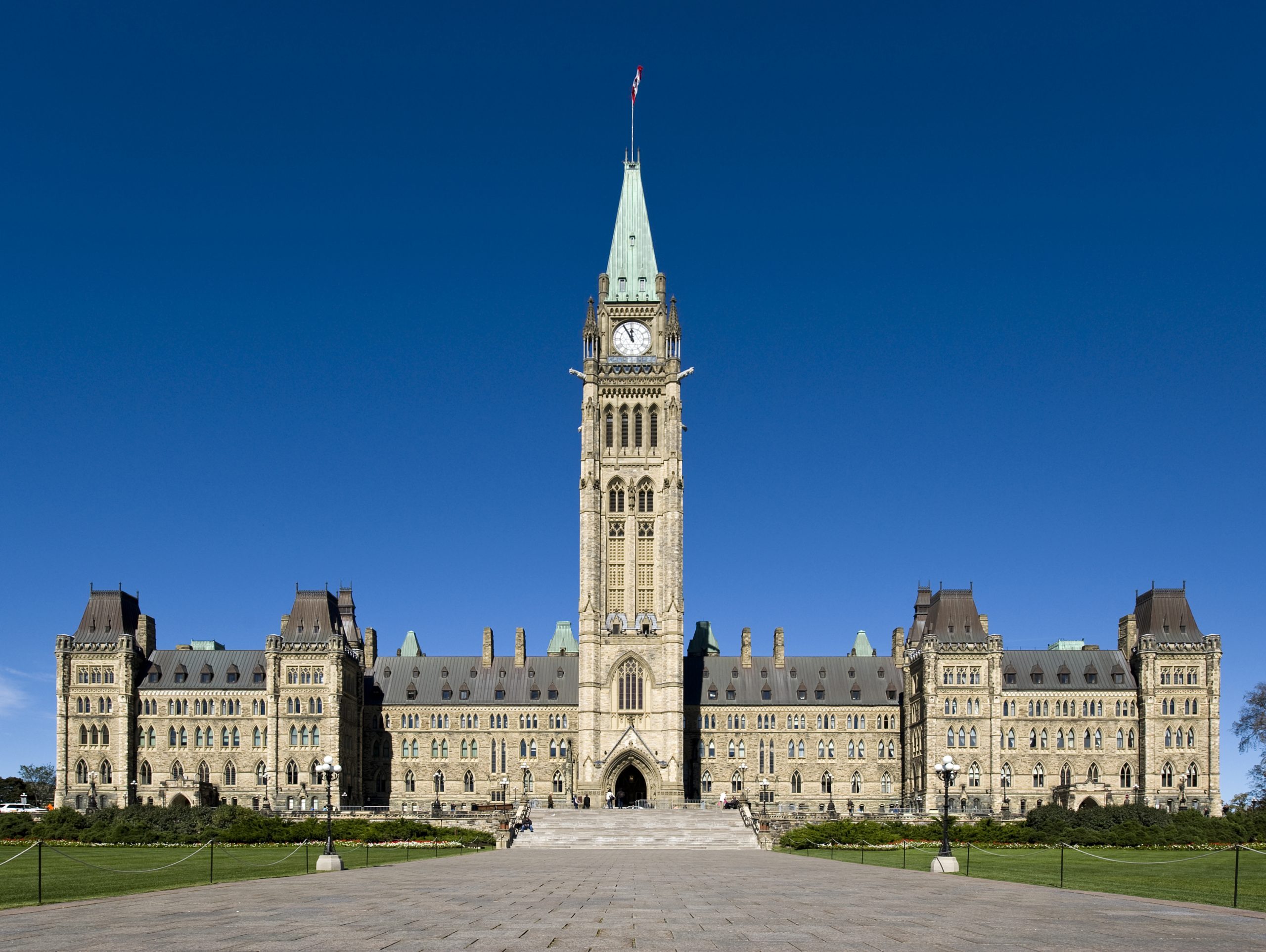Barrie homeowners, businesses and industries were collectively taxed 41 per cent more than the Ontario average last year, says a recent think-tank study.
And the reason is this city spends 76 per cent more on basic municipal services — such as water, sewer and roads — than the average local government in this province.
“Barrie is a municipality that is focused on the core role of government,” said David Seymour of the Frontier Centre for Public Policy, which released its second annual local government performance index yesterday.
“I don’t know if that’s a good or bad thing,” said Seymour, who co-authored the study with Larry Mitchell. “But Barrie pays special attention to the greater good.”
Seymour says municipal governments have what he calls “natural monopolies” in water and sewer services, road networks, emergency services, etc.
Barrie is currently spending hundreds of millions of dollars on a new surface water treatment plant and an expansion to its water pollution control centre.
And according to the Frontier study, Barrie was also 89 per cent below the Ontario average in grants from the provincial and federal governments.
Which helps explain not only why the city’s spending on core municipal services is so far above the Ontario average, but its taxes are higher and its total expenditures are 29 per cent higher.
Seymour, who’s from New Zealand but has lived in Regina, Sask., for the past 18 months, says he has noticed one stark difference.
“It’s amazing how far behind Canadian municipalities are in asset management,” he said, referring to infrastructure and other core services.
Seymour said local governments will have “massive liabilities”, in financial terms, to deal with this depreciation in the coming years.
Ed Archer, Barrie’s general manager of corporate services, says that while he appreciates the intent of the report, the gathering of data is uneven — which the Frontier study acknowledges.
“It’s inconsistent because our standards vary across the province,” he said. “This leads to improper and potentially inaccurate comparisons.”
Archer said, for example, that determining core and non-core municipal services on a national basis is difficult because each local government decides where its priorities lie.
“Every municipality makes it own choices,” he said.
Seymour also said it’s easier to obtain data from some local governments than others.
“But Barrie is a very good city in terms of reporting,” he said.
Barrie Coun. Barry Ward said yesterday he had only glanced through the report, but did have a concern with the national results — which excluded Quebec municipalities because their information wasn’t available in English.
“Having said that, there is some benefit in comparing Barrie’s performance with other Ontario municipalities,” he said.
The Frontier Centre for Public Policy is an independent public policy think-tank. Its stated mission is ‘to broaden the debate on our future through public policy research and education and to explore positive changes within our public institutions that support economic growth and opportunity.’
Frontier’s local government index presents and compares financial statistics for Canada’s 79 most populous municipalities that publish financial statements in English for the 2006 and 2007 financial years.
It analyzes regional averages for revenue, expenditure, financial position, and standards of accounting disclosure.
The regions are defined as British Columbia, the Prairies, Ontario, Montreal (alone), and the Maritimes.
For each city, a one-page report presents the specific statistics for that city as a proportion of the average for its region.
Of the numerous statistics that emerge, the study finds that the average Canadian municipality carries $1,538 dollars of debt per household, controls approximately $15,000 worth of capital assets, raises $1,937 in taxes and $4,869 in total revenue and spends $4,557 each year.


